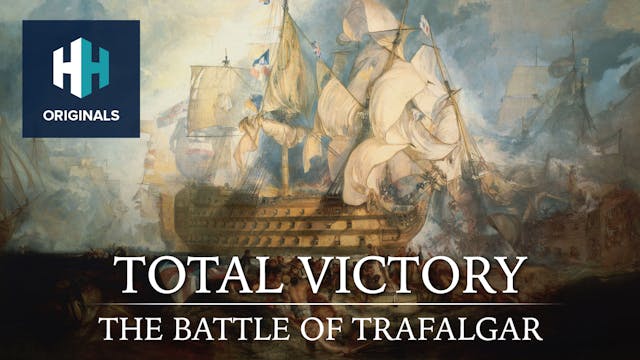Waterloo: Napoleon's Final Battle
Revolutions
•
17m
In Spring of 1815 the exiled Napoleon Bonaparte, one of history's most accomplished generals, escaped his jailers and returned to Paris in what is known as the 'Hundred Days'. After receiving the news, the powers of Europe formed the Seventh Coalition to remove Napoleon from the French throne and raised a huge army. Napoleon responded by marching into Belgium with the objective of splitting Allied forces and capturing Brussels. He pushed a Prussian army back at the Battle of Ligny on 15 June 1815, and three days later attacked an Anglo-Allied force led by the Duke of Wellington near the village of Waterloo. The battle that followed would be a watershed moment in European history, finally ending Napoleon's military career and ushering in a new era of relative peace.
Up Next in Revolutions
-
Vampires with Richard Sugg
Richard Sugg, author of a new book on real vampires, talks Dan through the weird world of supernatural bloodsuckers. Myths of Vampires have their roots in the condition of sleep paralysis and popular Enlightenment literature while being distinct to certain countries and cultures.
-
Total Victory: The Battle of Trafalgar
Victory was total. An enemy fleet obliterated. The course of a great war determined. A hero struck down and a legend born. In October 1805 the British Royal Navy defeated the combined battle fleets of the French and Spanish empires 20 miles northwest of a promontory of rock and sand in southern S...
-
The Peterloo Massacre with Robert Poole
The Peterloo Massacre was a critical moment in the reform movement at the start of the 19th century. Thousands of people gathered at St Peter's Fields near Manchester to protest for an expansion of the franchise. The local magistrates summoned yeomanry to dispel what they saw as a riot, but as th...



